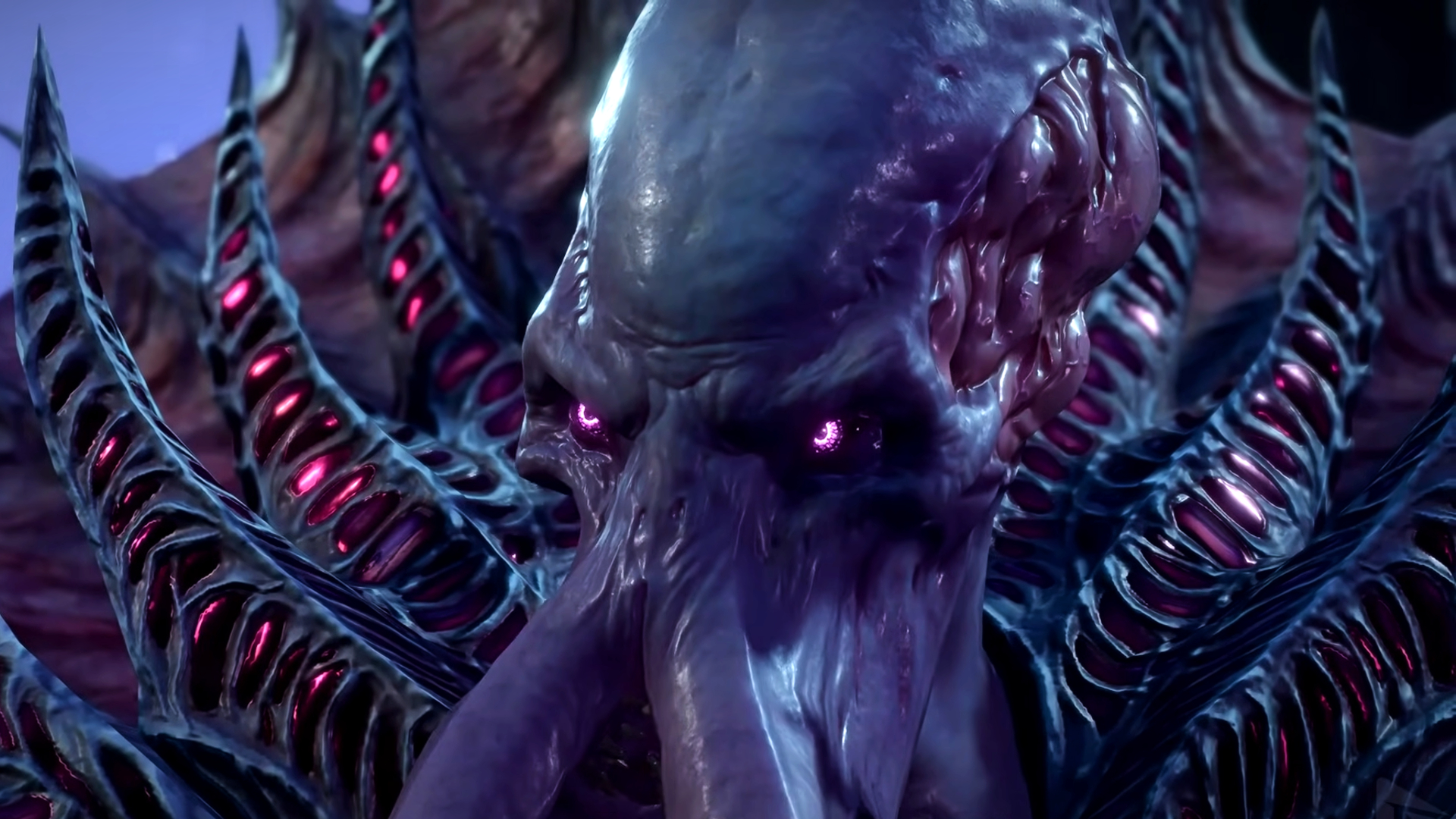Baldur's Gate 3 director turned his back on RTS for RPG at the start of his career - just before the strategy game boom that brought us StarCraft, Homeworld, and Age of Empires

Baldur's Gate 3 director Swen Vincke says that he "stupidly" turned his back on the real-time strategy genre in the late 1990s, just before it exploded in popularity.
Speaking to BAFTA, Vincke is asked which games drove his desire to make games himself. One of those is the Ultima series, which should come as no surprise to anyone who's ever heard Vincke talk about his favorite games - the Ultima series is a foundational pillar of modern RPG design, and Vincke has long espoused his fondness for it.
His other big inspiration, however, is far more surprising: Vincke points to 1992's Dune. As it turns out, before he turned to RPGs with 2002's Divine Divinity, Vincke made a real-time strategy game called The L.E.D. Wars. Nowadays, it's hard to find much concrete information about that game, but if you'd like to hear what I'm pretty sure is some early Vincke voice-acting, you can check out the gameplay below.
"My first game was an RTS," Vincke says, "but then I stupidly decided that RTSs were not something that people were going to be interested in, so I should make something really complicated like an RPG." That RPG was Divine Divinity, which eventually led to Divinity: Original Sin, the success of which, Vincke says, was the highlight of his career.
While his CRPG success means that Vincke probably isn't too sad that he made the pivot to RPGs, it's hard to overstate how bad his apparent misread of the industry was back in the mid-90s, a time when many of the best strategy games of all time were spinning up. The L.E.D. Wars was released in December 1997, shortly after both the first Age of Empires game and the first game in Bungie's Myth series. The following year would see the release of the first Anno game, as well as StarCraft, while 1999 would see the arrival of Homeworld, the second Command & Conquer game, and Age of Empires 2. Around the same time, strategy alternatives like Hearts of Iron and Europa Universalis were just starting to take off, while the new millennium would continue RTS supremacy. While the genre eventually spun out into a series of different ideas and has found less mainstream success since its 2000s heyday, it was a true juggernaut in the years after Vincke decided to turn his back on it. Hindsight, of course, is 20/20, but perhaps it's best for all of us that it was Vincke's other major inspiration that would drive his greatest success.
Elsewhere in his chat with BAFTA, Vincke reveals that "I was in love with Morrigan in Dragon Age," and suddenly I understand why Baldur's Gate 3 is filled with bad girls.
Weekly digests, tales from the communities you love, and more

I'm GamesRadar's Managing Editor for news, shaping the news strategy across the team. I started my journalistic career while getting my degree in English Literature at the University of Warwick, where I also worked as Games Editor on the student newspaper, The Boar. Since then, I've run the news sections at PCGamesN and Kotaku UK, and also regularly contributed to PC Gamer. As you might be able to tell, PC is my platform of choice, so you can regularly find me playing League of Legends or Steam's latest indie hit.



